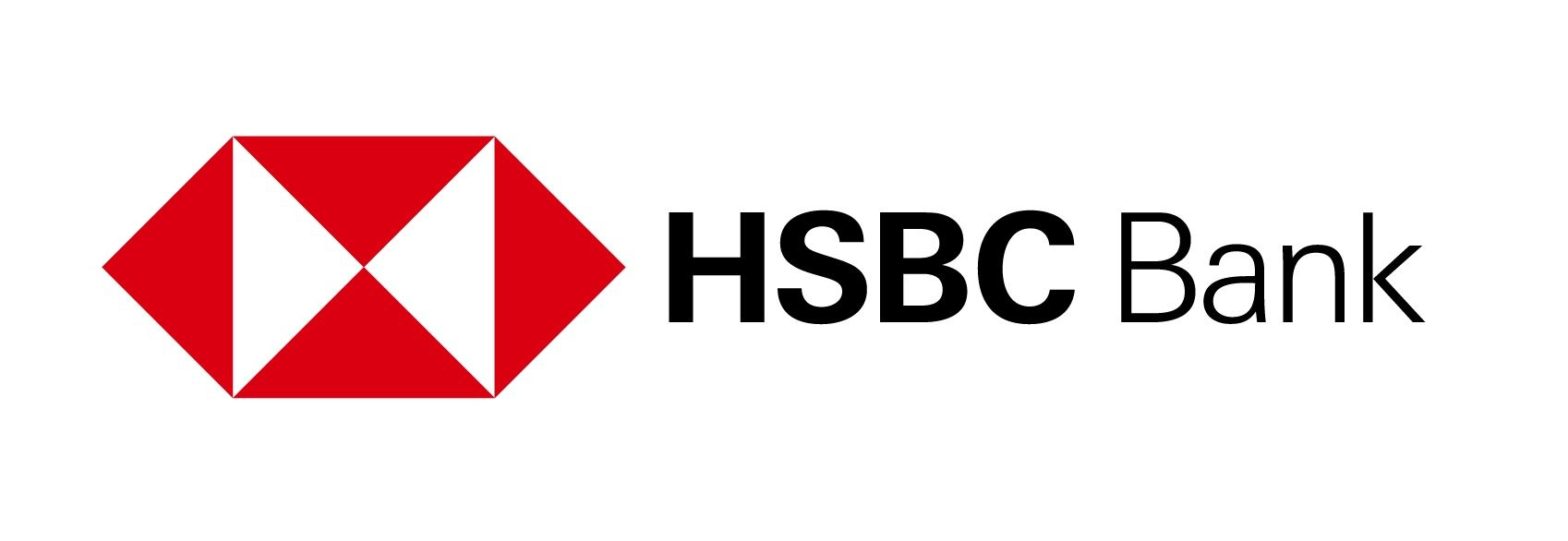‘Canada risks being left behind’ by massive incentives offered by U.S. Inflation Reduction Act
Publishing date:
Nov 03, 2022 • 6 hours ago • 3 minute read • 67 Comments
Investment in the production of clean hydrogen could lead to a tax credit of at least 40 per cent. Photo by Krisztian Bocsi/Bloomberg Ottawa has proposed new tax credits for investments made in clean technology and hydrogen in its fall economic statement, hoping to keep pace with the financial support provided to manufacturers in the United States through President Joe Biden’s Inflation Reduction Act.
Advertisement 2 This advertisement has not loaded yet, but your article continues below.
Under clean technology, the government proposed a tax credit of up to 30 per cent of the capital cost of investments made in electricity generation systems, such as small modular nuclear reactors and systems that depend on wind, water and solar, in storage such as batteries, in low-carbon heat equipment and in industrial zero-emission vehicles used in mining or construction.
FP Energy By clicking on the sign up button you consent to receive the above newsletter from Postmedia Network Inc. You may unsubscribe any time by clicking on the unsubscribe link at the bottom of our emails. Postmedia Network Inc. | 365 Bloor Street East, Toronto, Ontario, M4W 3L4 | 416-383-2300
The credit will be available from the first day of next year’s federal budget and will end in 2035.
Investment in the production of clean hydrogen could lead to a tax credit of at least 40 per cent. Work on the level of support needed for production and the appropriate carbon intensity tiers is underway, the statement said. The tax credit would be available as of the day of Budget 2023 and will be phased out after 2030.
Advertisement 3 This advertisement has not loaded yet, but your article continues below.
“With major investment tax credits for clean technology and clean hydrogen, we will make it more attractive for businesses to invest in Canada to produce the energy that will power a net-zero global economy,” Deputy Prime Minister Chrystia Freeland said in a prepared statement.
Ottawa has also said that companies will need to meet labour conditions, including paying wages based on market conditions and ensuring training opportunities for workers, to be eligible for the highest tax-credit level. This “new approach” to tax credits was “long overdue” and “entirely reasonable,” Freeland said at a press conference on Thursday.
The tax credits were announced a day after representatives from Canada’s automotive, steel and manufacturing sectors warned the federal government that the U.S. Inflation Reduction Act (IRA), which will pour billions into the American manufacturing sector over the next few years, could trigger a flight of investment capital south of the border, as well as result in fewer manufacturing jobs.
Advertisement 4 This advertisement has not loaded yet, but your article continues below.
The bill, which passed the U.S. House of Representatives in August, has little to do with inflation, but will result in dramatic changes to the American economy through a mix of tax incentives, grants and loan guarantees aimed at boosting clean energy and clean transportation.
The IRA also offers a US$7,500 subsidy meant to encourage the production of electric vehicles (EVs) in North America, which will benefit Canada.
But the act offers “enormous financial supports to firms that locate their production in the United States — from electric vehicle battery production, to hydrogen, to biofuels, and beyond” and “without new measures to keep pace … Canada risks being left behind,” the fall economic statement said.
Advertisement 5 This advertisement has not loaded yet, but your article continues below.
Recommended from Editorial Ottawa aims to balance fiscal restraint with targeted support amid darkening economic outlook Ottawa reveals plan for new tax on stock buybacks Ottawa willing to accept lower returns, more risk to put $15-billion growth fund to work The tax credits were announced at a time when democratic countries in North America, including Canada, have been trying to offset China’s dominance of the battery supply chain for EVs, demand for which has risen as nations look to meet their climate targets.
China dominates the EV supply chain through its refining and processing industries even though most of the metals required by EVs, such as lithium, nickel and cobalt, are mined outside the country.
On Thursday, Canada ordered three Chinese companies to divest their investments in three Canadian junior lithium miners. Last week, Canada raised the bar that foreigners must clear to join the country’s critical minerals industry.
“We have the natural resources to power the global net-zero transition and to support our allies with their energy security,” Freeland said. “And our government believes that this ongoing shift is the most significant opportunity for Canadian workers and Canadian businesses in a generation.”
• Email: nkarim@postmedia.com | Twitter: naimonthefield
_____________________________________________________________
If you liked this story, sign up for more in the FP Energy newsletter.
_____________________________________________________________
